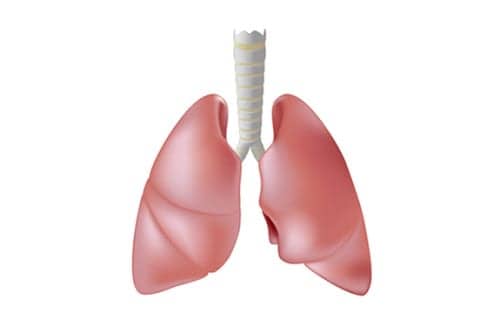New research from the Washington University School of Medicine reveals insight into possibly counteracting inappropriate mucus production in conditions such as asthma, COPD, and cystic fibrosis.
Thomas J. Brett, PhD, senior author of the study, says, “The new study lays the groundwork for developing treatments for diseases such as asthma, COPD, cystic fibrosis and even certain cancers. It also solves a 20-year mystery about the role of a protein that has long been associated with these diseases.”
According to a Washington University School of Medicine news release, the authors of the study write that new research demonstrates that increased expression of the protein CLCA1 increases the number of the TMEM16A channels present in nearby cells. Brett explains, “We don’t think that CLCA1 actually opens the channel. We think it simply keeps the channel on the surface of the cells for a longer period of time. The reason you get more current is you have more channels there. You’re just accumulating more holes for the ions to travel through.”
Brett adds, “This is a unique finding. We don’t know of any other examples of this type of interaction between a protein and a channel.”
The study suggests it may be worthwhile to investigate the larger families of these two proteins. If closely related members of these protein families also interact with each other, it could expand the implications to disorders as diverse as cancer and cardiovascular disease, as noted on the Washington University news release.
The research team is continuing to study these interactions to learn more about how increasing or decreasing the expression of the channel or protein may influence the currents in addition to what impact that may have in airway diseases.
Brett states, “In conditions leading to too much mucus, we may be interested in designing ways to block these currents or reduce them. On the flip side, these channel currents may be able to compensate for the genetic defect in cystic fibrosis, which causes mucus that is too thick and sticky. In this case, we may be interested in activating them or dialing them up.”
Source: Washington University School of Medicine









